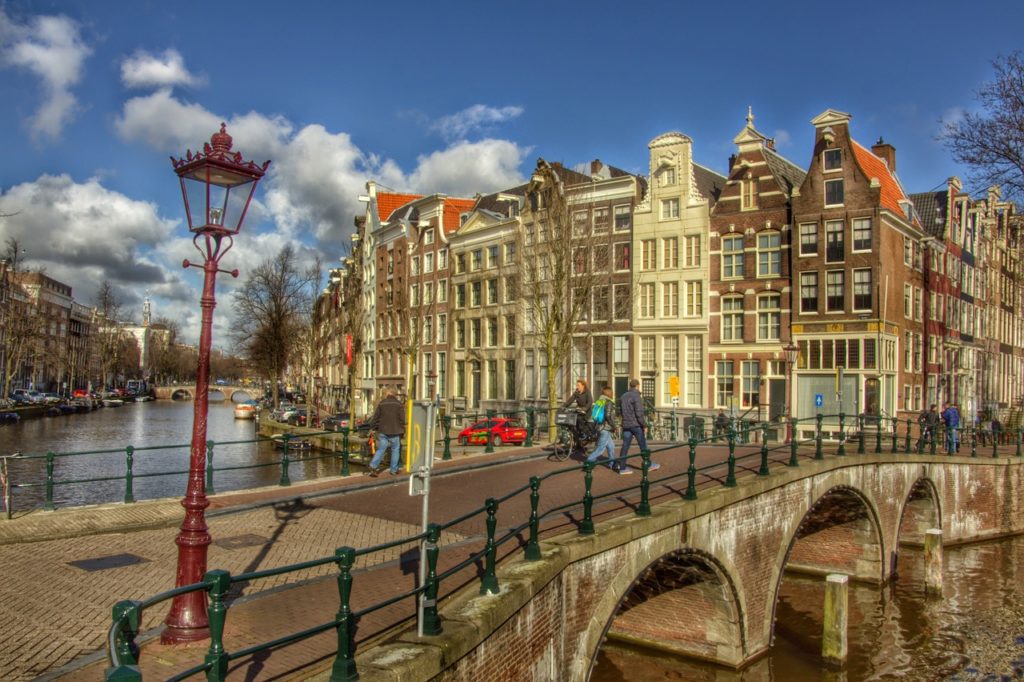The city of Amsterdam has announced the introduction of a rule that buyers of new-build houses and apartments have to pledge to live in the property themselves, in an effort to prevent ordinary people being priced out of the capital.
“The city is not doing this so much to push down prices, but to prevent investors from forcing ordinary middle income families out of the housing market,” explained Peter Boelhouwer, professor of housing systems at the Technical University of Delft.
The measure affects newly constructed homes, but the Dutch government is reported to be working on legislation to make the rule apply also to existing properties.
“In Amsterdam, ordinary people such as police officers and nurses can no longer buy a home in the city,” Prof Boelhouwer said. “These people are being pushed out of the market. The obligation to live-in is not so much to counter the price increase, but to make owner-occupied homes more accessible for middle-income buyers”.
Across the whole of the Netherlands, 6% of all homes were purchased by small investors intending to rent the properties out to tenants. In some areas of Amsterdam, such properties now make up as much as 20% of all residential property.
Investors, Prof Boelhouwer explained, buy homes that starters and middle-income families are looking for, and then they are forced to rent, paying more in the process. In Amsterdam, the rent for a flat of 60 square metres starts at about €1,500 a month.
“A teacher or a nurse cannot afford that,” he said. “Those homes are rented by expats and the like. For ordinary people that is not affordable.”
The story will be familiar to many people in Belgium, where a similar phenomenon has grown up in some of the communes of the Brussels region (Uccle, Watermael-Boitsfort), the Flemish periphery (Tervuren, Overijse) and Flanders itself.
People who grew up in one area are unable to buy homes in their own town because property prices have been pushed up by speculators and developers.
This week the Belgian federation of notaries reported that the average price of an apartment in Brussels is now €268,923 – €14,000 more than it was in the first half of 2019.
Part of the reason for the increase is that apartments are seen as a good investment as a rental property, known in the trade as a buy-to-let, as there is never a shortage of tenants. And investors tend to have more money to offer the seller than a young family starting out on the property ladder, so they can outbid.
The new Dutch law also applies to buildings which are to be transformed into residential properties, such as factories converted into loft spaces. And the obligation to live-in is inserted in the lease of the property, so that it applies to subsequent buyers.
But there are also exceptions.
Parents may buy a property they intend to rent out to their own children. The owner of a house covered by the new law can rent it when living abroad. And the obligation to live-in does not apply if the rental property is offered at a rent lower than €1,027 a month, and remains within reach of a low- or middle-income tenant.
Alan Hope
The Brussels Times

